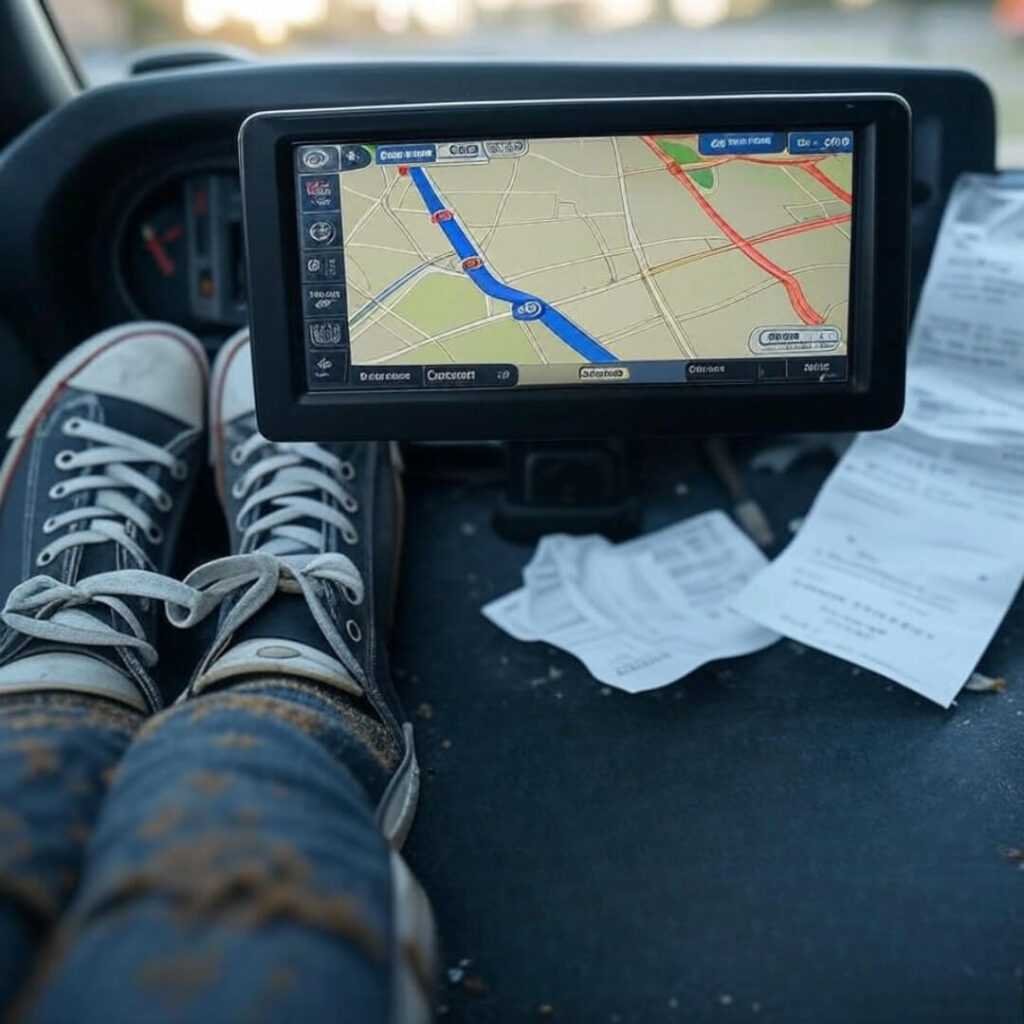Alright, smart car data collection is like having a creepy sidekick in my Hyundai Ioniq, and I’m low-key losing it. I’m sprawled on my sagging couch in my Seattle apartment, rain pounding the window like it’s got a personal grudge, chugging this godawful coffee I grabbed from a 7-Eleven. My car’s parked outside, probably beaming my life story to some server in the cloud. Like, last Saturday, I was cruising through Fremont, jamming to some lo-fi hip-hop, and my car’s screen pings with a suggestion for a ramen spot I’d Yelped the night before. That’s dope, right? But also, dude, what? I’m just a guy who trips over his own shoelaces—why’s my car acting like it’s got my diary?
The ethics of smart car data collection are a total head trip, and I’m out here wondering if I’m selling my soul for a slicker drive. Honestly, it’s kind of embarrassing how much I love the perks despite the creep factor.
What’s the Deal with Smart Car Privacy, Anyway?
Let’s cut through the noise. Smart cars are like rolling spy gadgets, packed with sensors, cameras, and GPS that gobble up data faster than I can inhale a burger. They track where I park for my midnight In-N-Out runs, how hard I slam the brakes when some dude in a pickup cuts me off, and even how I fidget with the AC when I’m annoyed. I stumbled across this Mozilla Foundation report that says cars are the worst for privacy—like, worse than my Alexa that keeps trying to sell me paper towels. That’s insane, right? I’m just trying to hit up a coffee shop, not live in a surveillance state.
Here’s what smart car data collection is scooping up:
- My Hangouts: Every dive bar, every sketchy gas station I roll through.
- My Driving Vibe: Am I zipping along or driving like my grandma?
- Weird Stuff: Some cars check my heart rate or if I’m spacing out. Um, no thanks.
- Chatter: If I’m ranting to my buddy on Bluetooth, is that getting saved somewhere?
I’m obsessed with how my car can dodge traffic jams or find me a charger when I’m running on empty, but smart car privacy? Feels like a pipe dream. I’m torn between thinking my car’s a genius and wanting to yeet it into airplane mode.

The Ethics of Smart Car Data: I’m a Walking Contradiction
Here’s the raw truth. The ethics of smart car data collection are like trying to untangle Christmas lights in July—frustrating and pointless. I love that my car’s got my back, like when it auto-braked because I was too busy screaming along to Billie Eilish to see a stopped van. Data makes driving safer—NHTSA says connected cars could cut crashes by 80%. That’s legit amazing. But then I picture my car tattling on my 3 a.m. drive-thru binges to some shady ad company, and I feel like I’ve been slimed.
Real talk: I had a total freakout last month, sitting in a Taco Bell parking lot, scarfing down a quesadilla and scrolling X for horror stories about car data hacks. I turned off my car’s Wi-Fi like I was in some spy flick, sauce dripping on my shirt, fully convinced I was outsmarting Big Tech. Total clown moment, I know. Smart car privacy is this weird dance between “this rules” and “this is terrifying,” and I’m out here tripping over my own feet.
Tips for Dealing with Smart Car Data Worries (From a Guy Who’s Clueless)
So, I’ve been fumbling through this smart car data collection mess, and here’s what I’ve picked up—mostly by being a hot mess:
- Poke Around the Settings: My car’s got privacy options hidden like buried treasure. It took me an hour and some choice curse words to find them. Turn off the stuff you don’t need.
- Skim the Fine Print: Nobody reads those user agreements, but I glanced at Hyundai’s privacy policy (okay, a Consumer Reports summary), and it was a slap in the face.
- Faraday Bag Vibes: My neighbor swore these block key fob tracking. I tried one and felt like I was auditioning for Mission: Impossible. No idea if it works, but it’s kinda fun.
- Embrace the Mess: I still use my car’s fancy features, even if I’m paranoid. You don’t have to live in a cave to care about smart car privacy.

Why I’m Still a Mess About Connected Cars
I’m going to be real—I’m all over the place with smart car data collection. It’s a game-changer, like when my car warned me about a pothole on Rainier Avenue, saving my tires from doom. But every time I see an ad for car insurance pop up after a long drive, I feel like my car’s whispering behind my back. Am I just a data snack for some algorithm? Or is this just life in 2025, where everything’s connected, and I’m too tired to fight it?
I’m staring out my window, rain still coming down like it’s pissed off, and I’m cracking up at myself. I’m out here ranting about car data ethics but still using my GPS because I’d end up in Canada without it. Maybe that’s the real struggle:I want smart car privacy, but I’m too hooked on the convenience to quit. And I’m not sure I’ve got the guts to choose.

Wrapping Up My Hot Mess of a Rant
So, yeah, smart car data collection is this wild mix of awesome and unnerving. I’m just a dude with a coffee-stained hoodie, trying to navigate this connected car chaos while second-guessing every move. If you’re as freaked out as me, maybe dig into your car’s settings or Google what it’s tracking. And if you’ve got stories about smart car privacy—like, has your car ever sold you out?—drop them in the comments. I need to know I’m not the only one sweating this. Anyway, drive safe, and maybe don’t let your car know you’re sneaking extra nuggets.









































